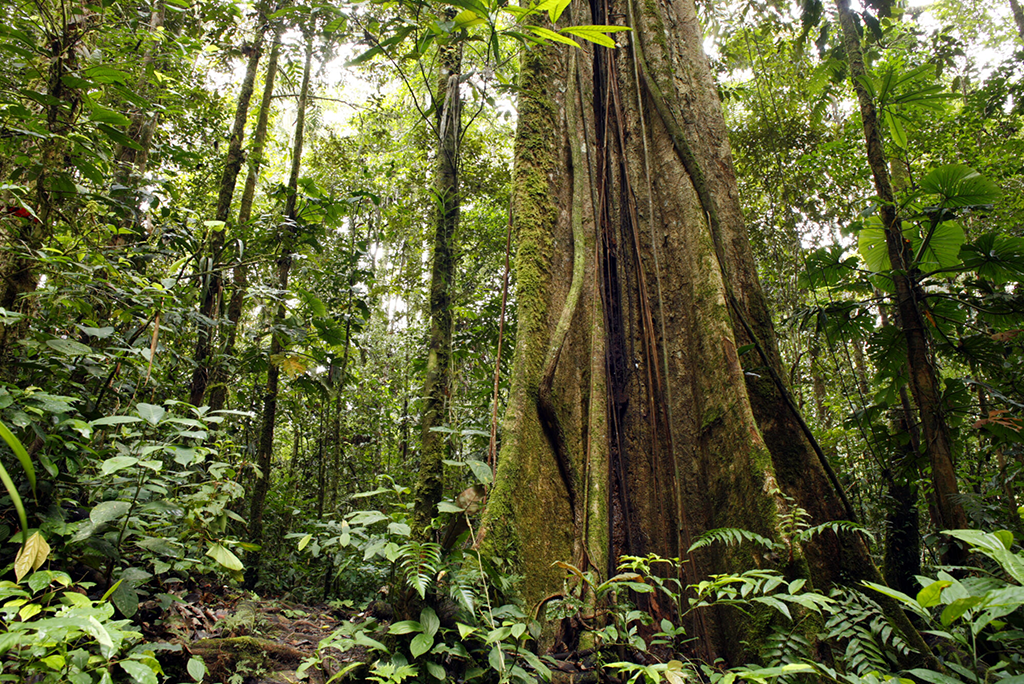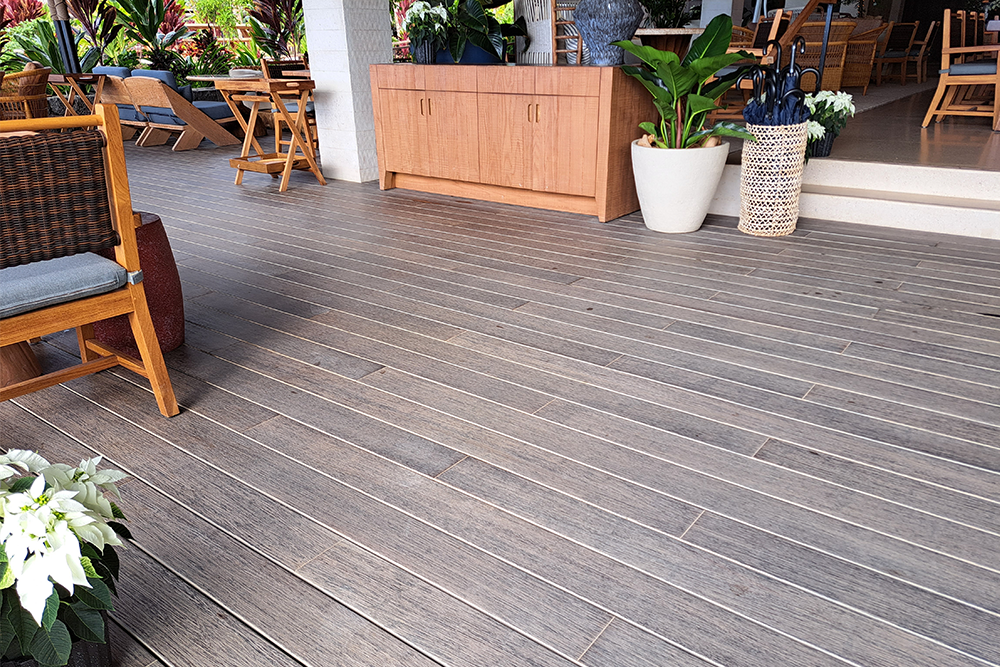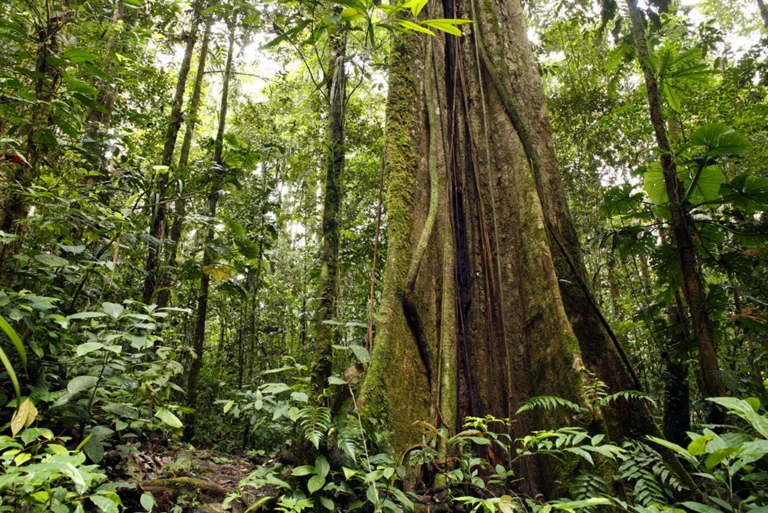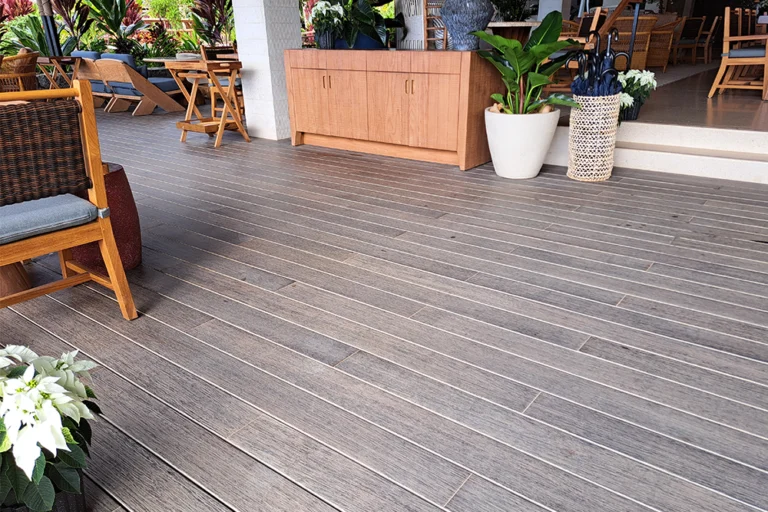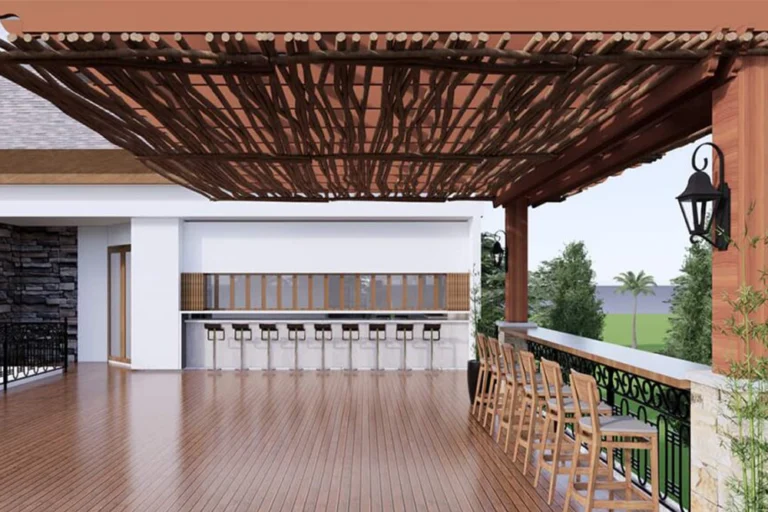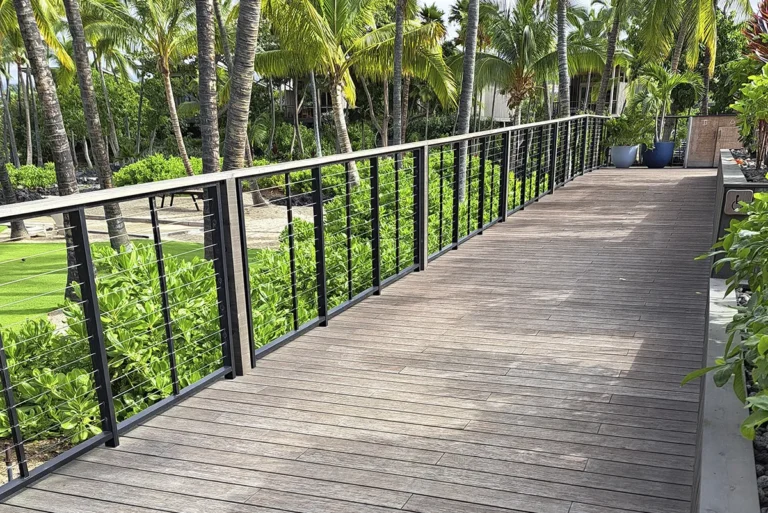When it comes to maple wood, two common types are often encountered in woodworking: hard maple and soft maple. While they share the same genus, these two varieties have distinct characteristics that set them apart. In this blog post, we will delve into the differences between hard maple and soft maple, providing you with valuable insights to help you identify and understand each type of wood.
Appearance and Colour
One of the primary differences between hard maple and soft maple is in their appearance and colour. Hard maple, scientifically known as Acer saccharum, is also commonly referred to as sugar maple or rock maple. It has a light and consistent pale white to creamy colour, with minimal grain patterns. The wood has a fine texture and a smooth, even surface. Soft maple, scientifically known as Acer rubrum or Acer saccharinum, tends to exhibit a slightly darker and more varied colour range, ranging from pale yellow to light brown. Soft maple may display more pronounced grain patterns, adding a touch of visual interest to the wood.
Density and Hardness
Hard maple is well-known for its density and hardness. It has a Janka hardness rating of around 1450, making it one of the hardest domestic hardwoods. The density of hard maple contributes to its exceptional durability, strength, and resistance to wear and tear. This makes hard maple an excellent choice for applications that require a high level of durability and longevity, such as flooring, furniture, cabinetry, and even musical instruments.
On the other hand, soft maple has a lower density and hardness compared to hard maple. It has a Janka hardness rating of approximately 950, making it softer and less dense than its counterpart. However, this does not imply that soft maple lacks strength. Soft maple still offers good strength and durability for many woodworking applications. Its workability and versatility make it suitable for millwork, trim, decorative projects, and secondary furniture components.
Uses and Applications
Due to its hardness and density, hard maple finds extensive use in applications that demand durability and resistance to heavy use. It is a preferred choice for flooring, where its strength enables it to withstand foot traffic and impact. The exceptional stability of hard maple also makes it ideal for furniture making, as it can withstand the stresses of daily use. In the realm of cabinetry, hard maple’s fine texture and smooth surface make it an excellent choice for creating sleek, elegant cabinets. Furthermore, hard maple’s tonal qualities have made it highly sought after for crafting musical instruments such as guitars and violins.
Soft maple, while not as hard or dense as hard maple, has its own unique qualities that make it a valuable wood for various applications. Its workability, which includes ease of cutting, shaping, and sanding, allows woodworkers to manipulate the wood easily. Soft maple’s versatility lends itself well to millwork, trim, and decorative projects where its moderate strength and pleasing grain patterns can add character and aesthetic appeal. Additionally, soft maple is often used for secondary furniture components, such as drawer sides, where durability and stability are necessary.
Identifying the Difference
You can consider both the appearance and physical properties to differentiate between hard maple and soft maple. First and foremost, observe the colour and grain patterns. Hard maple typically has a lighter, more consistent colour with minimal grain variations. The wood appears smooth and uniform, giving projects a clean and refined look. Soft maple, on the other hand, may exhibit a slightly darker colour and more pronounced grain patterns, adding visual interest and warmth to the wood’s appearance.
Another characteristic to consider is the hardness of the wood. Hard maple is noticeably harder and denser than soft maple, making it more resistant to dents and wear. While a Janka hardness test can provide precise measurements, a simple observation of the wood’s resistance to pressure and denting can give you an initial indication of its hardness.
If you have access to a microscope, you can delve even deeper into the wood’s cellular structure. Hard maple cells are generally smaller and more tightly packed together, contributing to their denser composition. Soft maple cells, on the other hand, are larger and less densely packed. However, this level of examination is not necessary for most woodworking projects.
Choosing the Right Maple for Your Project
The choice between hard maple and soft maple ultimately depends on the specific requirements of your project. Hard maple is ideal if you need wood with exceptional durability, hardness, and strength. Its hardness makes it suitable for high-traffic areas, heavy-use applications, and projects that demand longevity. The exceptional stability of hard maple ensures that it can withstand the rigours of everyday use, making it a popular choice for flooring and furniture that sees constant wear and tear.
On the other hand, if workability and aesthetics are your main priorities, soft maple offers a more affordable and versatile alternative. Soft maple’s moderate strength, ease of working, and pleasing grain patterns make it an excellent choice for millwork, trim, and decorative projects. It can provide a warm and inviting feel to furniture and other woodworking creations.
Consulting with a knowledgeable wood supplier or an experienced woodworker can provide valuable insights and guidance in selecting the right type of maple for your project. They can help you assess your specific needs, consider factors like appearance, hardness, and intended use, and make an informed decision based on their expertise and experience.
Tropical Forest Products: Your Trusted Wood Supplier
When it comes to sourcing high-quality maple wood, Tropical Forest Products stands out as a leading hardwood suppliers Toronto. We take great pride in reinventing the wood industry by applying an innovative mentality with an unmatched inventory of over 50 species. As an FSC-certified brand, Tropical Forest Products demonstrates an unrivalled respect for sustainability. We love what we do and show it by supporting the protection of forests and the communities that depend on them.
Tropical Forest Products offers an extensive range of decking woods, including hard maple and soft maple, catering to the diverse needs of woodworking enthusiasts and professionals. Our commitment to delivering premium-grade wood products and our dedication to sustainability through our LEGAL LUMBER™ due care compliance program makes us a trusted and reliable source for all your woodworking projects.
In conclusion, understanding the differences between hard maple and soft maple is essential for woodworking enthusiasts and professionals alike. By examining their appearance, density, hardness, and uses, you can confidently identify and select the appropriate maple wood for your next project. Whether you choose hard maple for its exceptional durability or soft maple for its workability and aesthetic appeal, both types of maple contribute to the beauty and functionality of your woodworking creations.
When you need high-quality maple wood and are considering a hardwood dealer, look no further than Tropical Forest Products. With an extensive selection, commitment to sustainability, and exceptional customer service, we are the ideal partner for all your woodworking needs. Choose Tropical Forest Products and experience the difference we can make in enhancing your woodworking projects.

